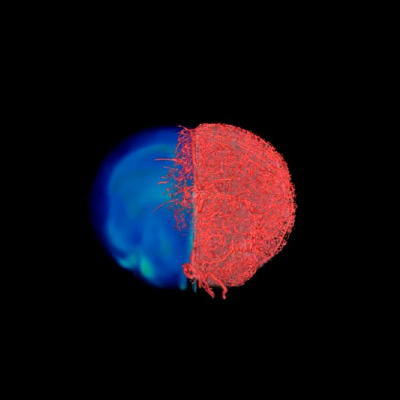July 5, 2022 -- Researchers in Japan discovered that the gene p62 plays a neuroprotective role in mice models of dementia by eliminating and thus preventing the aggregation of oligomeric tau species in the brain according to an article published on June 5 in the journal Aging Cell.
In a study led by Naruhiko Sahara from the department of functional brain imaging at the National Institutes for Quantum Science and Technology in Japan, researchers deleted or knocked out the p62 gene in mice with dementia, so they did not express p62 receptor proteins.
Using immunostaining and comparative biochemical analyses, the researchers found neurotoxic tau protein aggregates in the hippocampus and brainstem of p62 knockout mice. MRI scans showed the hippocampus of p62 knockout mice was atrophied and inflamed. A postmortem assessment revealed a greater loss of neurons in their hippocampus. Further immunofluorescent studies showed the abnormal tau species aggregates could cause cytotoxicity, which can lead to inflammation and neuron cell death in p62 knockout mice. Oligomeric tau, in particular, accumulated more in the brains of p62 knockout mice.
Copyright © 2022 scienceboard.net









